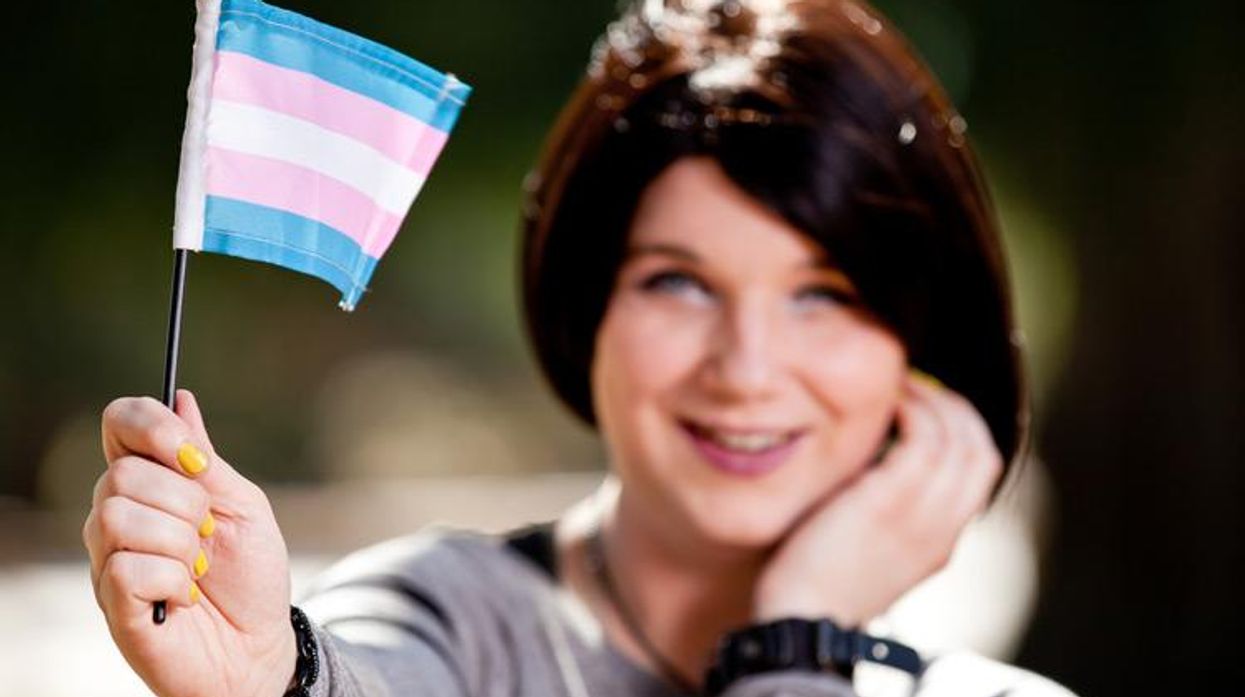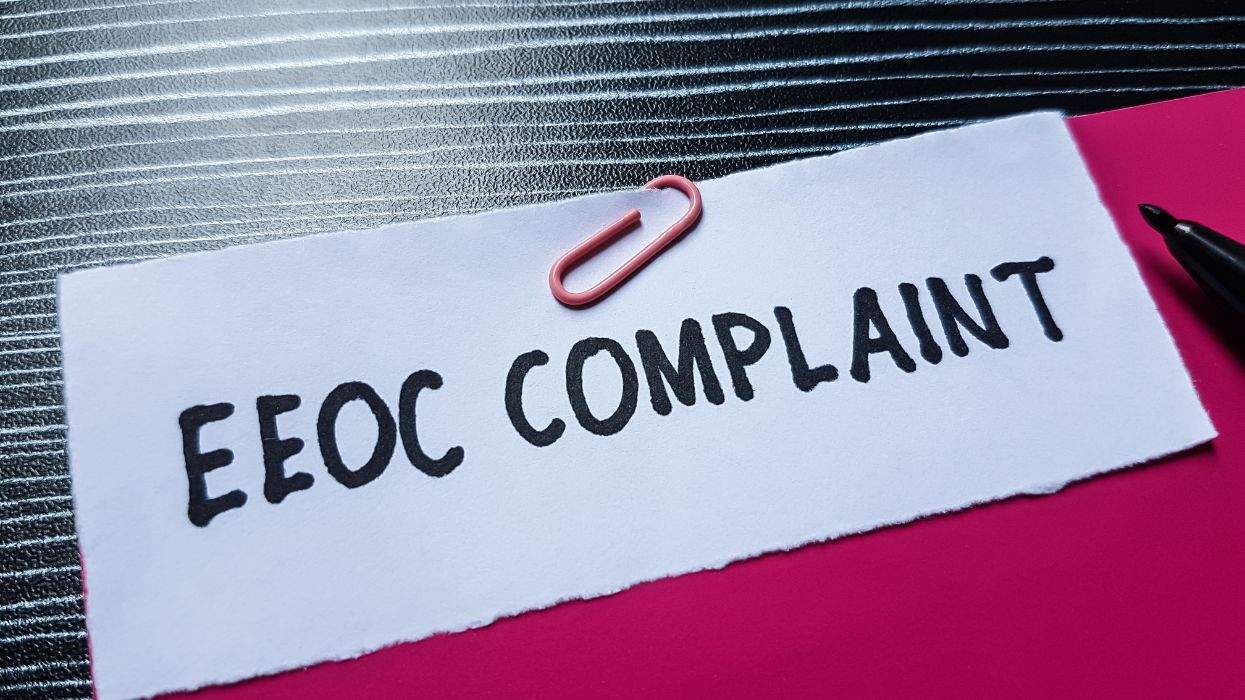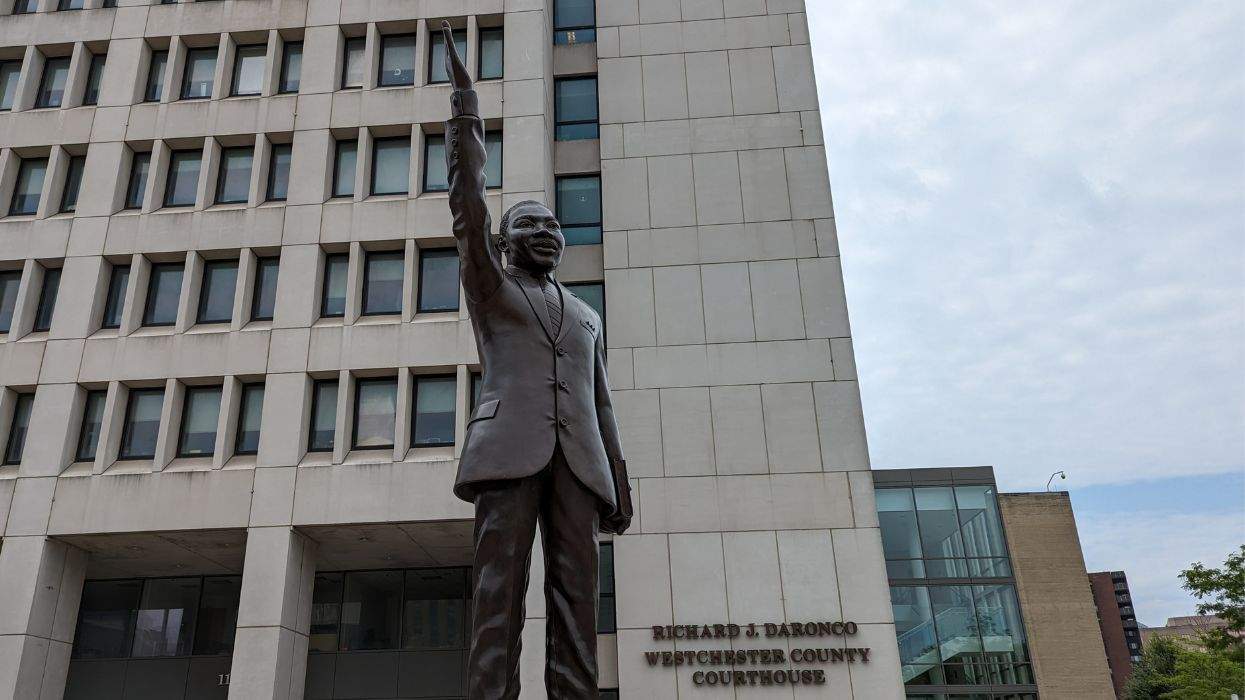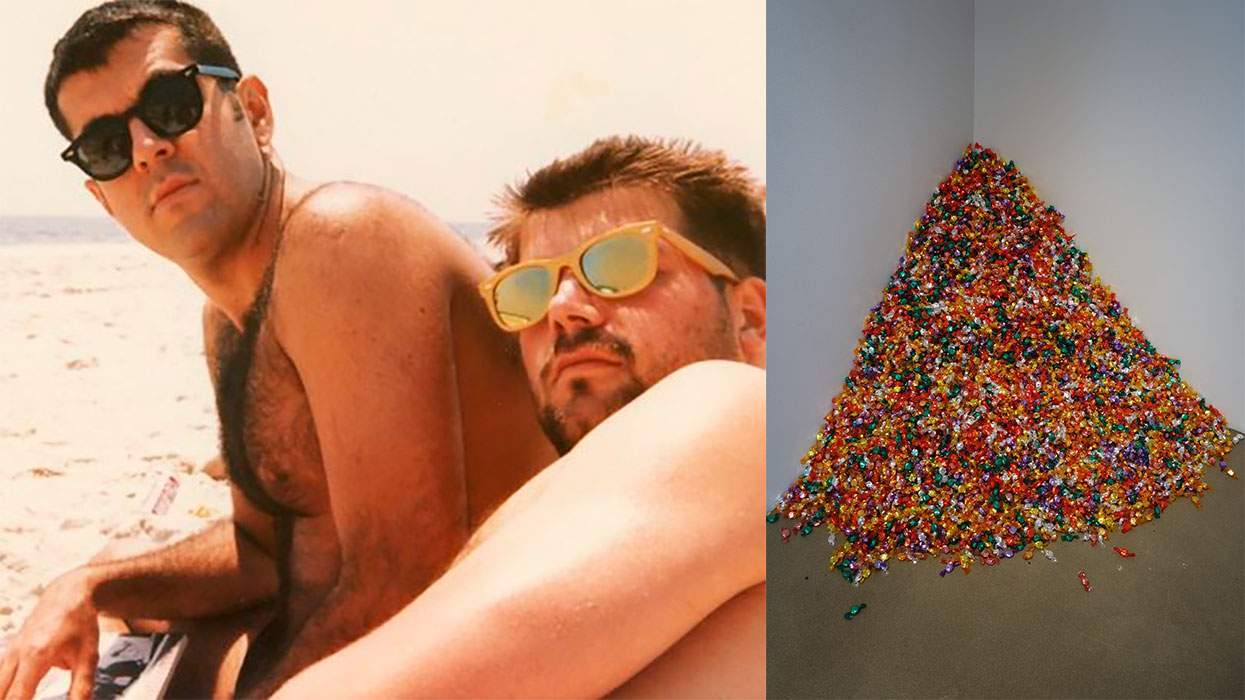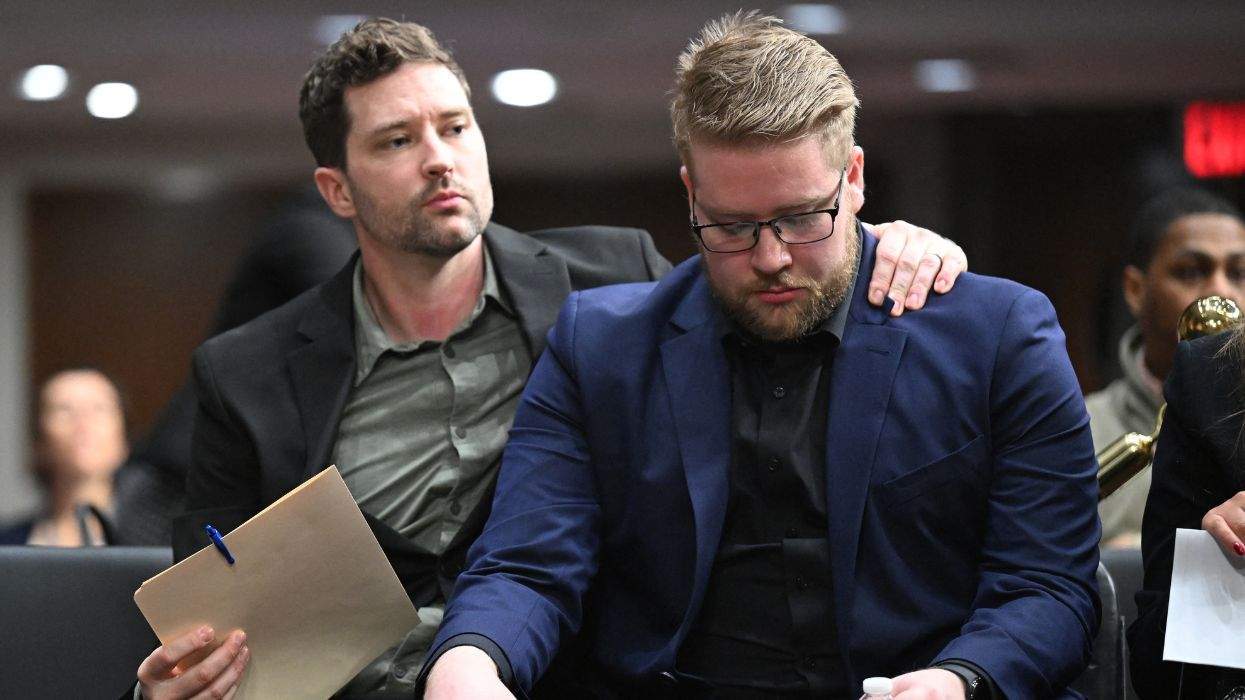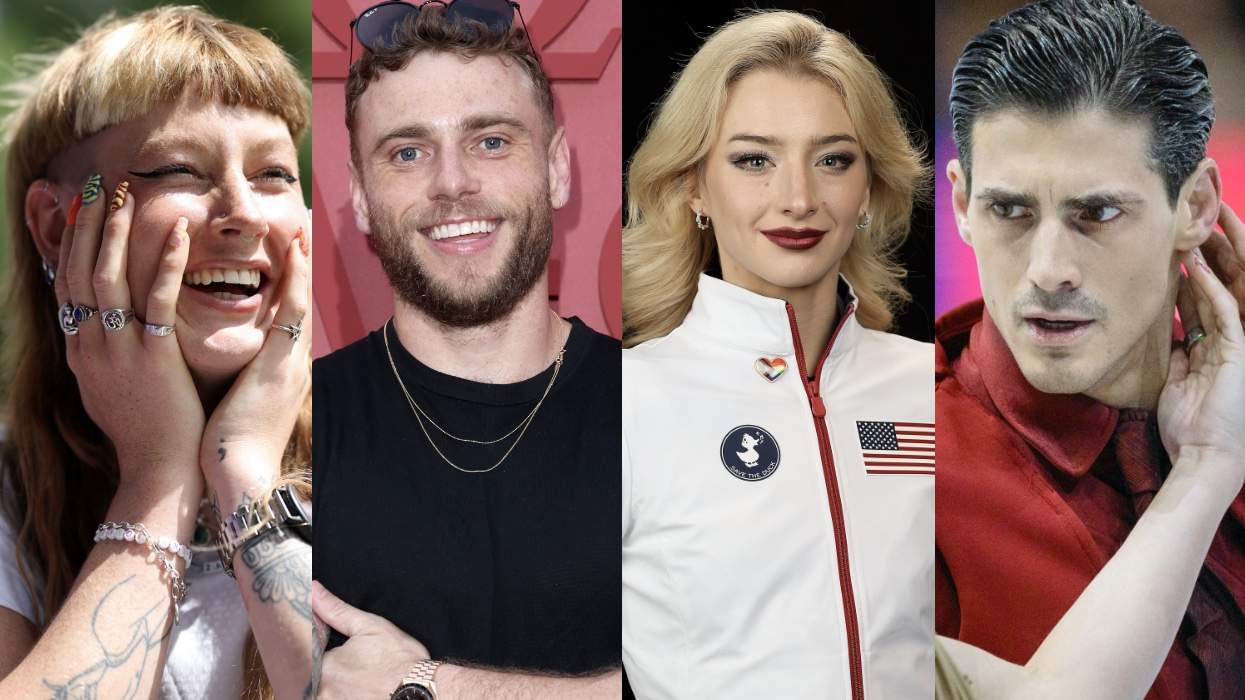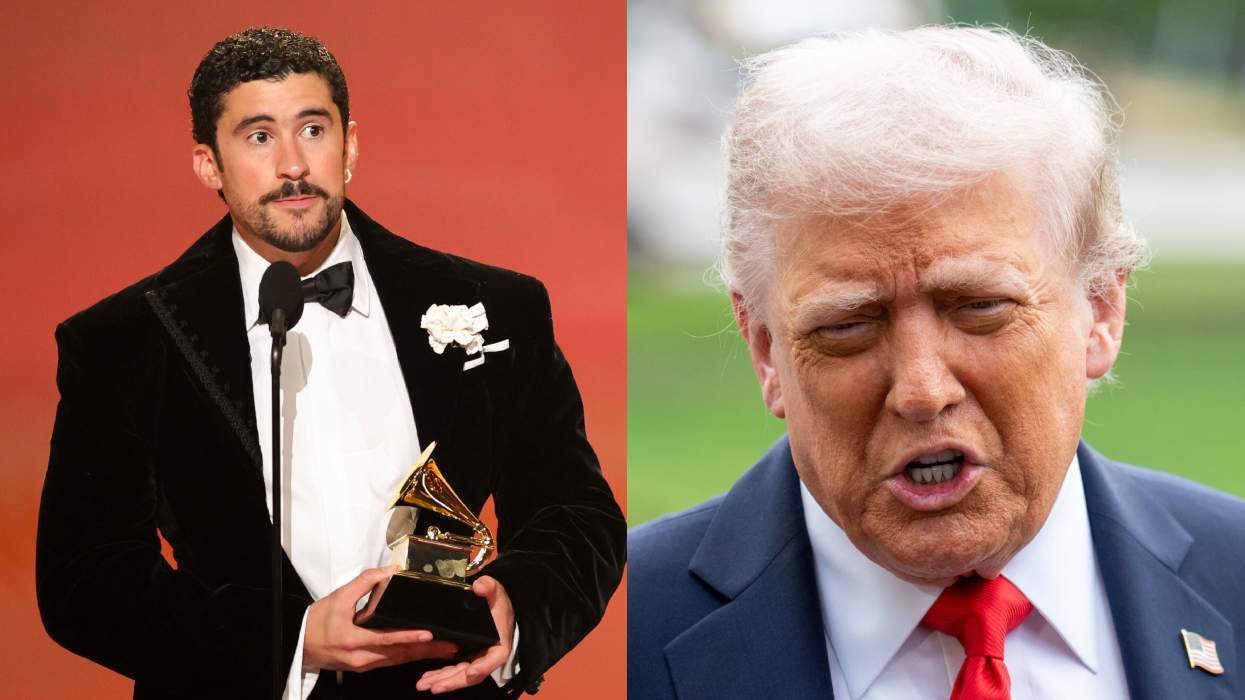Recently the whole issue of transgender representation in Hollywood came up again when Michelle Rodriguez made some comments that were insensitive to the trans community, and Jeffrey Tambor won an Emmy for playing a trans woman. I know this because I wrote about it. Now, having been on the internet as long as I have and now that I write regularly to a wide audience, I should know better than to read the comments on articles. They can be pretty awful, but my favorites tend to be the ones where it's clear that no one's read the article. However, there are a few great comments that get posted that keep the dialogue going or ask great follow-up questions that further the conversation. The ones that caught my eye, though, were the ones that seemed not to understand what exactly it was that transgender people were after on this topic. I thought about it, and realized that for a lot of people, unless they follow the right people online or read the right articles, aren't hearing what trans people are asking for. So, despite the fact I lost the election for official spokesperson for the transgender community, I'll try to explain what it is that trans people are generally asking for.
A lot of people seem to think that transgender people are demanding that only trans actors play trans roles. That transgender people are saying that only transgender people can write transgender stories. Now, to be fair, there are some out there who are saying that, but that's not all of them, nor what we are seeking for the most part. The problem is that trans people aren't even getting the opportunity to play these roles or to tell our stories. As Jen Richards tweeted about the recent controversy with the casting of Matt Bomer, she auditioned for the role but was passed over for a cisgender male, and like Jeffrey Tambor said during his acceptance speech, trans people should be given a chance. That's the biggest problem we have, that almost no one is giving us a chance. Hollywood keeps overlooking us for roles, letting cisgender people write our stories, and funding productions for stories that are about us but don't include us. Filmmakers and TV shows will sometimes bring on a token adviser to be able say they made an effort, but it seems like they don't listen. It's tiresome, it's frustrating, and we're asking for the ability to have a say in how our story is told.
Now, as I said before, not all of us are saying only trans can play trans. Many are, yes, and I agree with the counterargument that the logical conclusion is that only cisgender can play cisgender. The argument could also go further; only white Englishmen could play Richard III and only Danish men could be Hamlet. If only straight men could play straight men, imagine what that would do to musical theater. Now, many may already know that there are all black Shakespeare companies, but I've seen where they have even performed Shakespeare as Japanese kabuki theater. Allowing people to tell each other's stories is a great way to understand other's experiences, and it allows us to deconstruct and explore narratives. Yet there are some common-sense limits within our current culture; we're not ready for a white man to play Kunta Kinte. Just like that, we're still not in a place where a cisgender performer playing a transgender character doesn't feel in some way exploitative or demeaning.
One of the biggest reasons for that is that when a cisgender person writes about us or plays one of us, they rarely seem to rise above cheap cliches and tropes. I've heard about writers spending months following police around to get every detail right. There's actually a camp that's just for actors that's meant to put them through military-style training for war films. Actors will go live with the people they're portraying on film; in fact I've heard some of the clothes Johnny Depp wore in Fear and Loathing in Las Vegas actually belonged to Hunter S. Thompson. Yet with transgender people it's like they do no research, don't talk to us, don't read about our lives. Oh, sure, they seem to do incredible amounts of research into reassignment surgery, but it rarely seems to go beyond that. The characters and stories rarely rise above a focus on our genitals, emotional instability, or social failures. We're always broken people meant to tug at your heartstrings, mostly prostitutes and junkies; you know, award bait. Laverne Cox's newest role, as a lawyer on the upcoming series Doubt, is probably the most high-profile trans character that isn't a trope, and honestly, that's kind of sad. If you're going to write about us, learn about us. Talk to us. Listen to us. When we tell you the character is bad and you should feel bad, we're not doing it to keep you from doing it. We're asking you to do it better. It's no different than women asking for plots that don't revolve around men and babies. It's no different than black people asking to not all speak in Ebonics and only be from a poor, broken home, or just be cast as criminals or magic Negroes.
Yes, cisgender people can play one of us in a role, but consideration for a trans actor should always come first. Cisgender people can write about us, create stories around us, but they need to quit being so bad at it. We're not in this world for people to use to win gold-plated trophies or for cheap drama. There's not a special set of rules that we're asking for that only apply to us. We're asking for the same things any other group has asked for: the opportunity to tell and be in our own stories, and when we aren't able to, to have those stories be better than they are now.
AMANDA KERRI is a writer and comedian living in Oklahoma City. Follow her on Twitter @EternalKerri.
